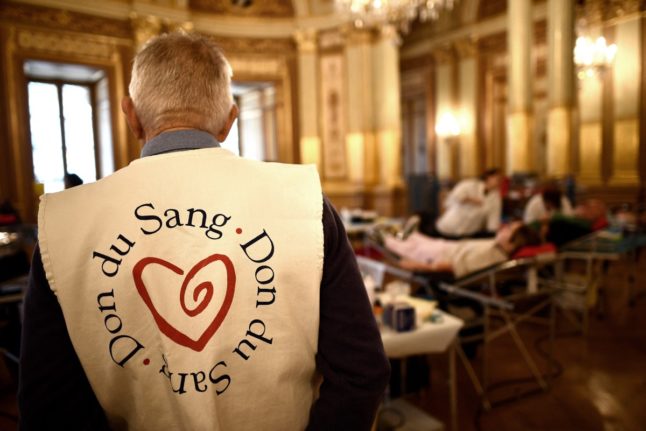Unlike neighbouring Switzerland, France has kept its ski resorts closed since lockdown was lifted in December.
A provisional reopening date of January 7th was given, but only if the health situation allowed, and winter sports businesses have been waiting anxiously for news.
Although people are allowed to travel to the mountains and ski resorts, ski lifts and all other infrastructure remains shut, ruling out most winter sports. Across France all bars, cafés and restaurants remain shut.
Business leaders say that there was an 80 percent drop in economic activity in mountain areas over the Christmas period, compared to the previous year.
The French government is holding a meeting of the Council of Ministers on Wednesday and among the items on the agenda is whether ski resorts can reopen as planned.
Although Covid-19 case numbers across the country are largely stable, there are several areas in the east of the country that are giving cause for concern, including several Alpine areas.
READ ALSO The graphs and numbers that show the latest Covid-19 situation in France
Among the options being considered by the government are reopening ski resorts with a 6pm curfew in place or reopening resorts only in areas with low case numbers.
However keeping them closed entirely has also not been ruled out.
In the government's original plan for lifting lockdown cultural centres like cinemas and museums were scheduled to reopen on January 7th while bars and restaurants opened on January 20th – however both of those have been effectively ruled out as case numbers have not fallen to the target of less than 5,000 new cases a day.
The government has scheduled a press conference for Thursday to provide an update on the latest health situation and the expansion of the vaccination programme.



 Please whitelist us to continue reading.
Please whitelist us to continue reading.
Member comments